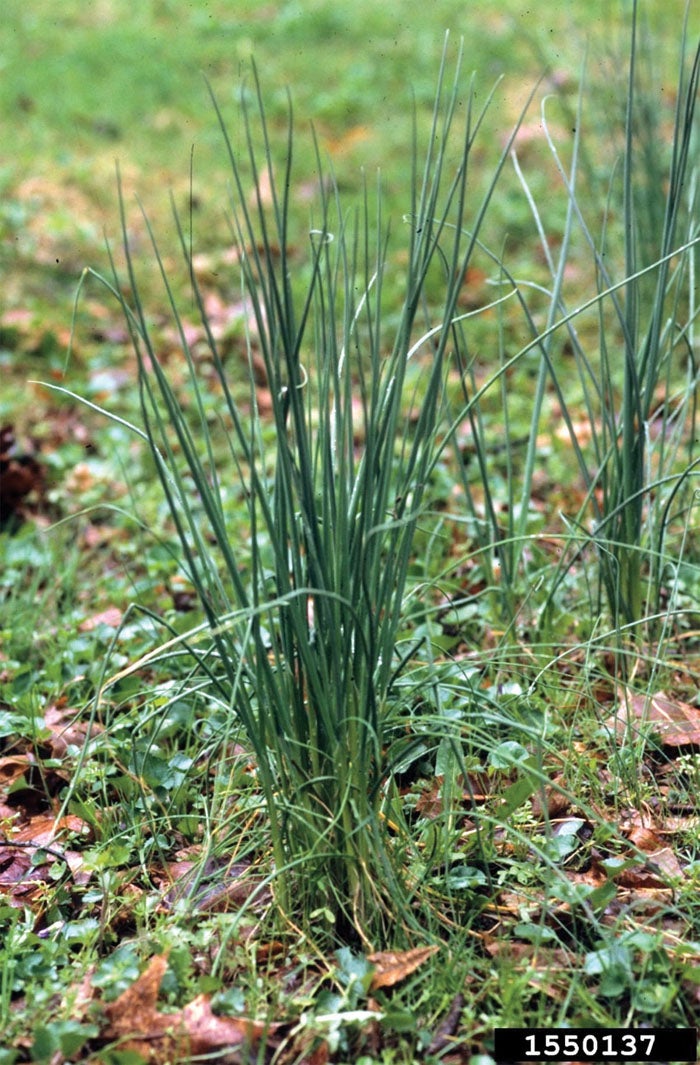Help wanted to get rid of wild onions, chickweed
Published 12:00 am Friday, January 24, 2020

- Submitted photo There's no good way to get rid of wild garlic, shown here, or wild onion in the lawn.
By Amy-Lynn Albertson
Rowan Extension Director
Q: What’s the best way to mow my lawn so I can get rid of the wild onions?
A: Oh, dear, there are so many things I want to say when I get this question. First of all, I really wish there was a magic day for mowing weeds that would make them go away, but sadly there is not.
Wild onions or garlic are common weeds in our lawns in North Carolina, with wild garlic being more prevalent. They emerge in late fall from underground bulbs and grow through the winter and spring. In late spring, aerial bulblets are formed and the plants die back in early summer. The underground bulbs can persist in the soil for several years.
While both have thin, green, waxy leaves, those of wild garlic are round and hollow, while those of wild onion are flat and solid. Hand-pulling these weeds is really not an option, because the bulbs or bulblets will be left in the ground and the new leaves will come up later.
Use a trowel or small shovel if you choose to get rid of them this way. Unfortunately, there are no pre-emergence herbicides that will control wild onion or wild garlic. They must be treated with a post-emergence herbicide, and persistence is the key.
To truly get “shed” of these weeds, you will have to take a multi season/year approach. Plants will need to be sprayed more than once and for more than one season. One characteristic that makes control difficult is that both have a thin, glossy leaf to which herbicides don’t readily stick. Unlike most weeds, mowing wild garlic or wild onion immediately before applying an herbicide may improve uptake. After application, do not mow for at least two weeks.
Q: What can I do about all this chickweed?
A: The rain all fall and a mild winter has created a lalapalooza for weeds. Chickweed is a winter annual weed that most people overlook in the fall when it germinates. It’s in the spring when it begins to grow vigorously that most homeowner’s complain about it.
By June, chickweed is almost done with its life span and will die when gets really hot. The time to do something about chickweed is not now. The weed has already dispersed seeds for next year and will die out on its own without the use of herbicides. The seeds will lie dormant until cooler weather in the fall and will grow all winter.
Chickweed can be controlled in two ways; pre-emergent or post-emergent. Timing is very important with both methods. A pre-emergent herbicide can be applied in September when the seeds are germinating. This works really well but be careful if you are over-seeding your lawn in fall, too. Always follow the label on product you are using.
Post-emergent control should be applied after the weed is up and growing but before it starts flowering and producing seeds. The target application time should be from October to early March.


